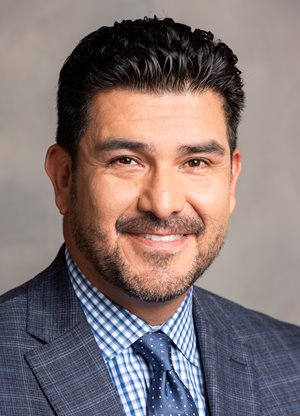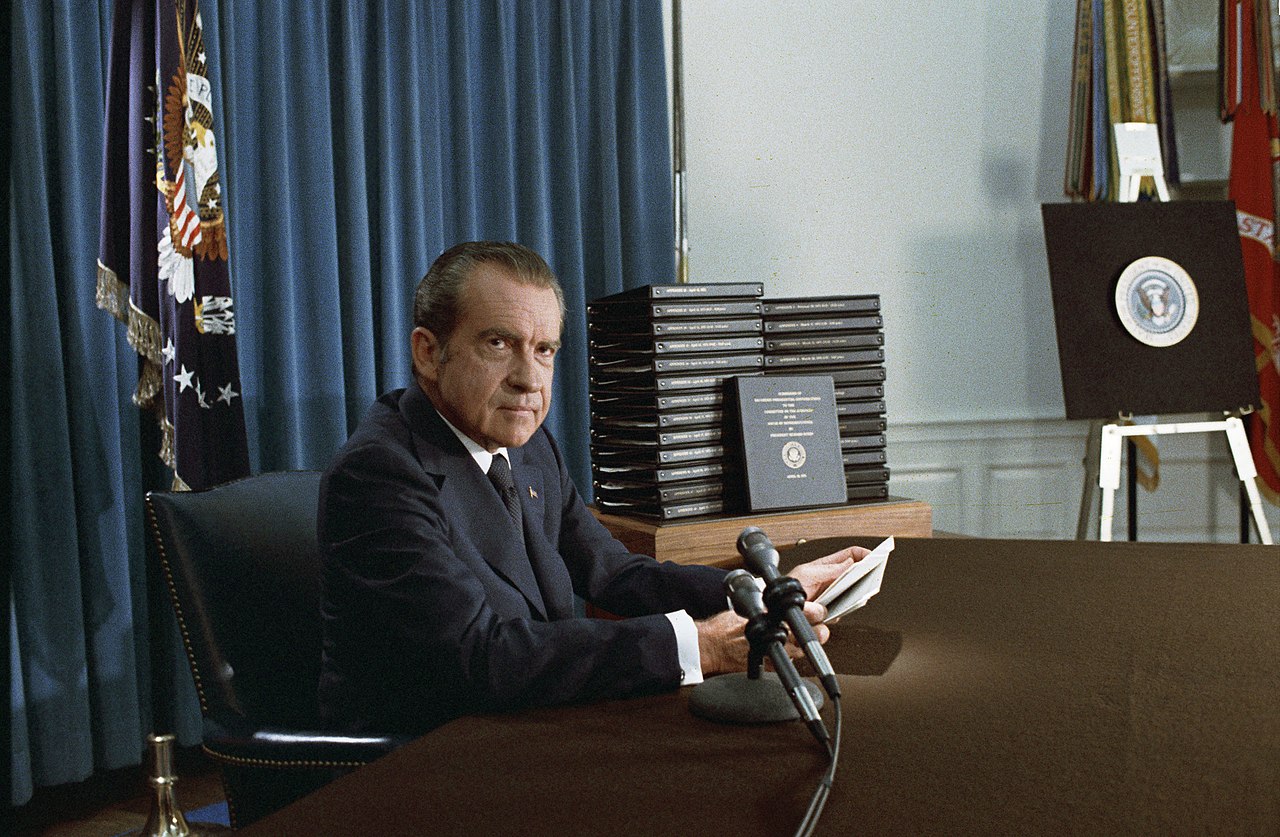Three faculty members from the Department of Journalism in the School of Communications offered these insights on the 50th anniversary of the break-in at the Watergate complex, an event that would lead to the eventual resignation of President Richard M. Nixon in 1974.
Fifty years ago today, police surprised a group a burglars who had broken into the Democratic National Committee’s headquarters in the Watergate complex in Washington, D.C. It was an event that would kick off the public exposure of a political scandal that would lead to the eventual resignation of President Richard M. Nixon in 1974 and conviction of nearly 50 people, including top Nixon administration officials
Helping bring that scandal to light were journalists who doggedly investigated and reported the story, which beyond the June 17, 1972 burglary involved the attempts by the Nixon administration to cover up its involvement in the crime and the use of federal officials and agencies to try to derail the investigation. Coverage of the Watergate scandal impacted how news organizations report on and investigate public officials and drew many to the profession of journalism.
So how is the legacy of the reporting on the Watergate scandal reflected in the journalism industry today? Are there both pros and cons?
Those are questions we posed to Elon faculty members from the Department of Journalism in the School of Communications. Here are their responses.
Professor Anthony Hatcher
It’s important to understand why Richard Nixon is the only U.S. president in history to resign.

Police caught the burglars at the Watergate, and journalists meticulously connected the dots as to why they were there. The reporting of Bob Woodward and Carl Bernstein of the Washington Post and many others made the scandal impossible to ignore, prodding federal law enforcement and Congressional committees to carry out investigations and hearings. Members of the president’s own party convinced him he wouldn’t survive an impeachment vote.
How times change.
In the 1970s, the press typically consisted of adequately staffed newspapers and magazines, as well as television and radio news operations. Most Americans followed the same stories and agreed on the same facts. While opinions differed then as now, Watergate entered the popular consciousness.
Today, hyper-partisanship is fueled in part by social media, much of it devoted to entertainment rather than enlightenment, distracting the public to the point of ignorance. Personalities (non-journalists) with millions of followers are unafraid to perpetuate falsehoods. The 24-hour news cycle leaves little time for reflection.
A focus group I witnessed recently indicated that many people have no realistic idea of what journalists do.
Despite all this, good investigative journalism is as important as ever. Look at the work of The Boston Globe’s Spotlight team in shining a light on sexual assault and pedophilia in the Catholic Church. The #MeToo movement was ignited by the reporting on Harvey Weinstein by Jodi Kantor and Megan Twohey of The New York Times. Local government representatives are kept in check by local news media, many of them nonprofits filling the gap left by vanishing newspapers.
The current media landscape means that journalists are learning to be more transparent about their news-gathering methods and are working harder than ever to make sure they get the story right the first time. My mantra to journalism students is, “It’s better to be right than to be first.”
Now, if we could just get more people to pay attention — and for subscriptions.
Associate Professor Amanda Sturgill
It would surprise my students to hear this, but I am too young to remember Watergate. My only memory of that time is looking at the TV when Richard Nixon was leaving the White House after resigning, my attention focused because my mother told me it was important.

I was surprised he didn’t look like Walter Cronkite. Cronkite was our family’s nightly companion as the fall-out from the break-in at the Watergate Office Building unraveled a presidency. The lessons from that time carry forward into the future, touching today’s journalism. Two important ones stand out.
First, it is the journalist’s obligation to speak truth to power. This is not always easy – consider the young Woodward and Bernstein’s work, made famous by Hollywood, cultivating and interviewing reluctant sources. All the while they, along with other Washington Post staff and editors who worked the story, knew their work could have monumental implications.
“It scared the marrow out of my bones,” Metro Editor Harry Rosenfeld said. He later commented on “the indispensability of investigative journalism to the welfare of the nation.”
And so it is. The reporter’s duty to society is great, but simple. As the Society of Professional Journalists Code of Ethics notes, principle one is to “seek truth and report it.”
Second, people with little power sometimes have much to say. From a former FBI assistant director who become known as “Deep Throat” to the nearly 400 others interviewed for “The Final Days,” a sequel to “All the President’s Men,” many of the sources had to receive anonymity in order to speak freely. Those in power can suppress the truth, and it takes dogged effort and courage from journalists to bring that truth out.
Assistant Professor Israel Balderas
Holding the powerful accountable is the legacy of Watergate.

Headlines coming out of Washington, D.C. point to one important lesson from the Watergate break-in – investigative journalism matters. Like President Richard Nixon told British journalist David Frost long after leaving office, Trump believes even now that his position of power gives him the right to do and say what he wants because, “when the president does it,” Nixon once bemoaned, “that means that it is not illegal.”
This week, we learned through testimony on Capitol Hill that Trump was advised “many times” that then-Vice President Mike Pence didn’t have the legal or constitutional authority to overturn the results of elections. Nonetheless, Trump tried to do it anyway.
Such an attack on our democracy may have been accomplished if not for the determined work of investigative reporters who for years documented efforts by Trump to subvert the rule of law. He tried to discredit journalists by calling them the “fake media.” The data shows that such verbal attacks did erode the credibility of the press. Nonetheless, journalists did not back down, and despite attacks against them, they continue to do their work of informing the public of the truth.
Journalists are supposed to monitor and keep a check on people and institutions in power in order to protect the public’s interests. That’s the legacy of Watergate. By challenging such power through watchdog journalism, the press shines a light into the dark corners of power. Otherwise, “Democracy Dies in Darkness.”



